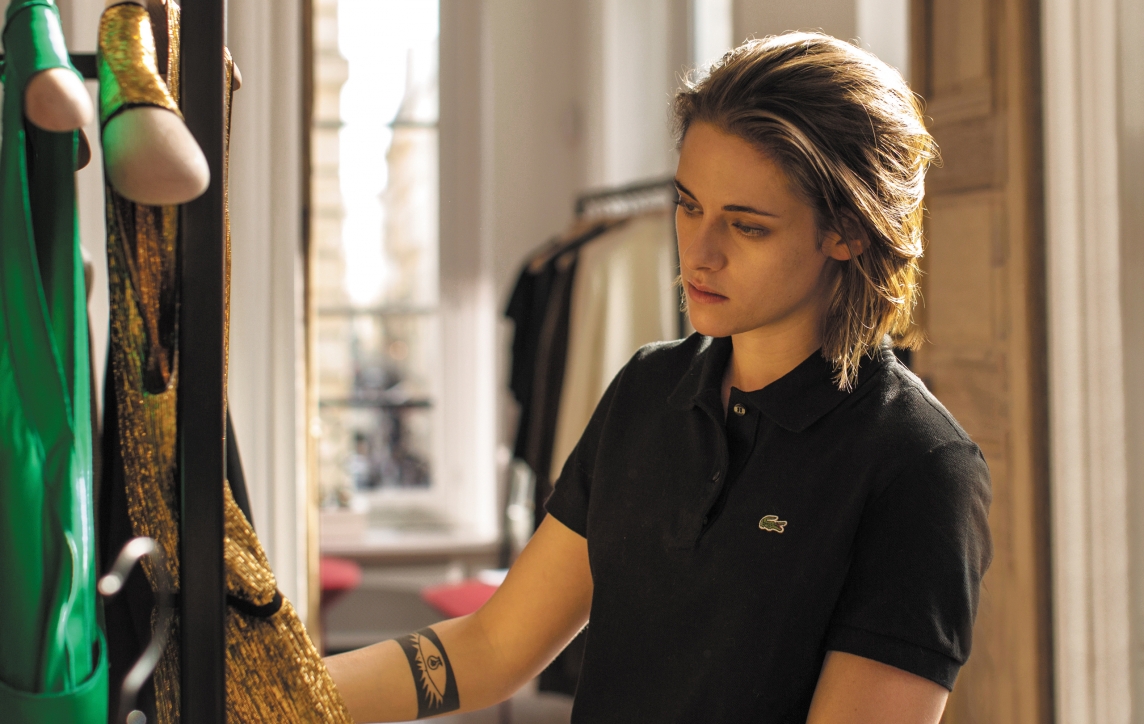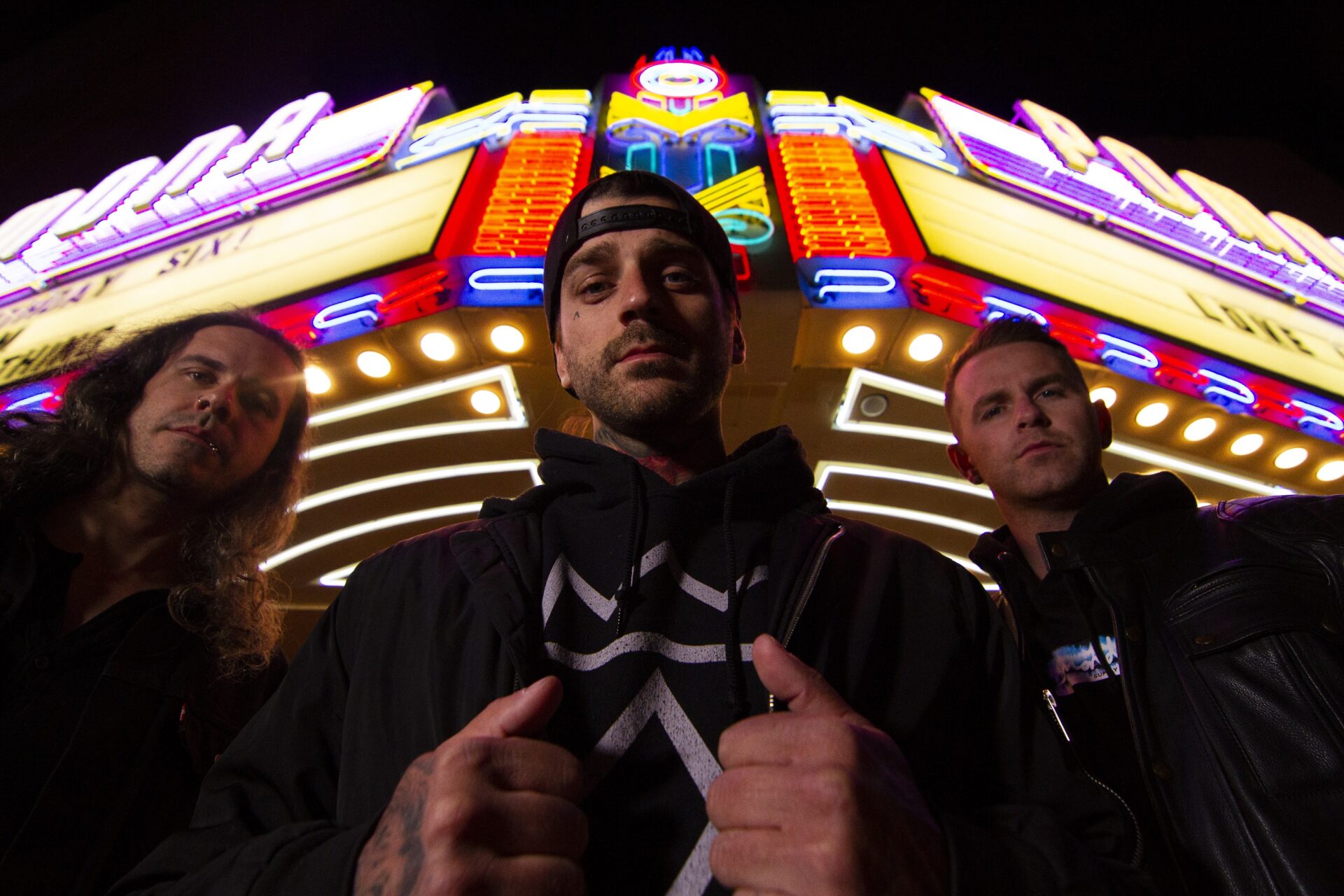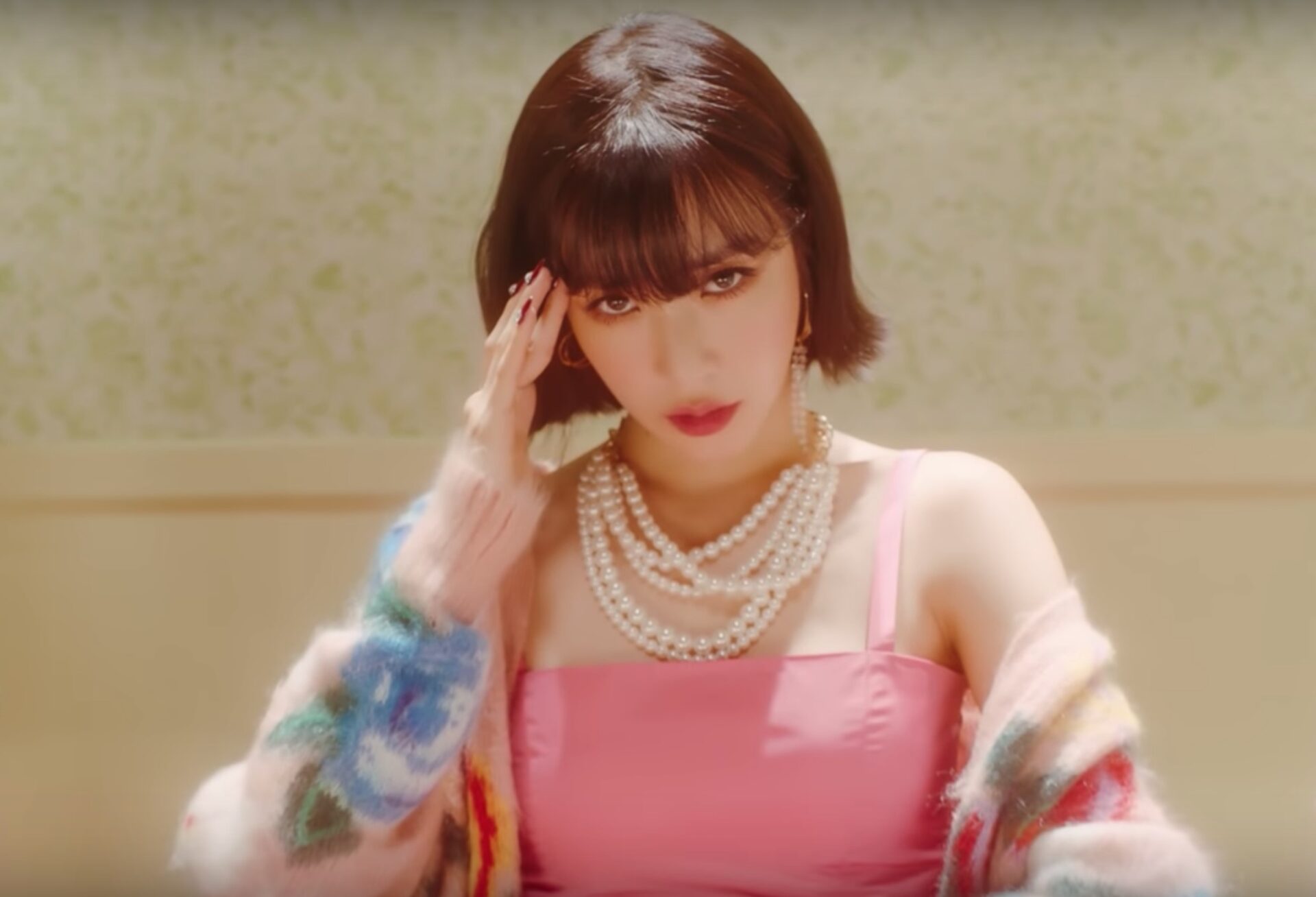Personal Shopper is a strange film, but not in the sense that it’s flashy or absurd in its spectacle. No, Personal Shopper is a much more subdued, matter-of-fact strange, the kind of strange that inclassifiably combines genres without so much as batting an eye at the oddness of the juxtaposition yet excels at both without calling attention to just how disparate the moods it evokes are. This film is a solemn character study of a young woman in search of greater meaning in the materialistic world of French fashion, but it’s also a harrowing ghost story, complete with the unsettling notion that the spiritual and ghastly are lurking just outside the frame.
Kristen Stewart stars as Maureen, an American living in Paris who works by day as the shopping assistant for a Parisian celebrity, but on the side she studies and hones her skills as a medium, attempting to tap into the world of the spirits as her twin brother did before his passing. There isn’t much by way of direct plot for the first two thirds of the film, and admittedly when the film does coalesce into an external conflict it loses some of its grandeur. What Personal Shopper truly aims to be, though, is a character study in young adult ennui and purpose, a coming of age story that fully embraces the opposing concepts of existential dread and the comforting ritualism of material goods.
Stewart continues to prove herself as one of the greatest actresses of her generation, creating a character so lost in the depths of her own life crises that she cannot fathom what exactly she wants from life even as she’s pulled between the tangible and otherworldly. She hesitantly tries on the newly purchased clothes of her employer, acting in a defiant gesture of individual expression while fearfully exploring what it’s like to inhabit another’s life. She takes comfort in the lavish without herself becoming extravagant, which is a tightrope walk of a performance that is difficult for most to master, yet Stewart is able to with apparent ease when given material worthy of her talents.
The ghostly element of the story is presented equally as matter-of-fact, with digital apparitions that would feel odd coming from writer-director Olivier Assayas (Clouds of Sils Maria, Something in the Air) were it not for their casually natural inclusion in an otherwise grounded story. Maureen’s longing to communicate with her dead twin drives her to explore the realms that he embraced while alive, even as the darkened hallways and unexplained phenomena that engulf her make for as tense of an atmosphere as any traditional horror film. Even when the unsettlingly vaporous visage of a ghost appears, it is at once disturbing and commonplace, something to cower in fear from yet so normal as to be instantly recognizable. This no-nonsense attitude even extends to when a ghost begins to text message Maureen, an act that would seem silly in another context but here is a disturbing analysis of Maureen’s conflicted psyche.
I quite liked Personal Shopper, though I’m not without my gripes. The film’s commitment to plotlessness does allow for some meandering scenes that don’t quite work, either as attempted comic relief or as explorations of the spiritual world outside of Maureen. It’s mostly filler in a film that really doesn’t need it, as Maureen’s exploration of herself through the material and immaterial is hypnotic in and of itself, regardless of any external distractions. As much as I hesitate to use this phrase, there just isn’t another film quite like Personal Shopper, a bizarre mixture of horror and coming-of-age that feels effortlessly natural in its execution.













